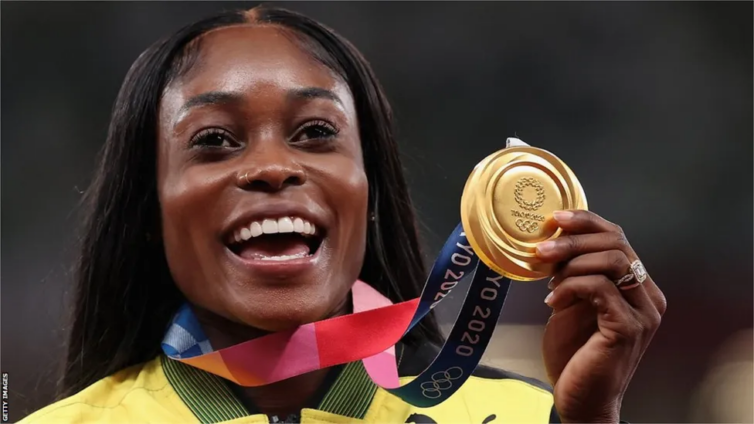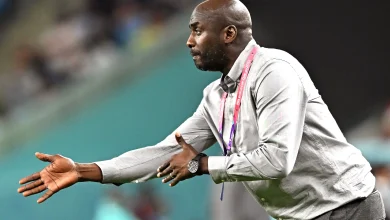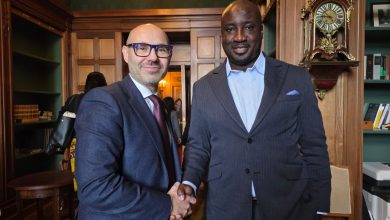
World Athletics has announced it will become the first international federation to award prize money at the Olympic Games.
The global governing body said a total prize pot of $2.4m (£1.9m) has been made available for this summer’s Olympics in Paris, with gold medallists receiving $50,000 (£39,400).
This will be extended to silver and bronze medallists at Los Angeles 2028.
World Athletics president Lord Coe called the decision a “pivotal moment”.
There will be 48 athletics events in Paris, with relay gold medallists to share their prize money among the team.
“The introduction of prize money for Olympic gold medallists is a pivotal moment for World Athletics and the sport of athletics as a whole, underscoring our commitment to empowering the athletes and recognising the critical role they play in the success of any Olympic Games,” Coe said.
“While it is impossible to put a marketable value on winning an Olympic medal, or on the commitment and focus it takes to even represent your country at an Olympic Games, I think it is important we start somewhere and make sure some of the revenues generated by our athletes at the Olympic Games are directly returned to those who make the Games the global spectacle that it is.”
Greg Rutherford, who won gold in the long jump at London 2012, said: “This is a brilliant step in the right direction and I take my hat off to Seb Coe and the rest of the World Athletics staff for initiating this improvement.”
The former British athlete said the view that Olympic sports are still amateur “couldn’t be further from the truth”.
World Athletics said the format and structure of prize money for the 2028 Games will be announced nearer the time.
It added that the payment of prize money will depend on athletes “undergoing and clearing the usual anti-doping procedures”.
Given the Olympics’ origins as an amateur sports event, the International Olympic Committee (IOC) does not award prize money but distributes funding through international federations (IF) and national Olympic committees (NOC).
Some national Olympic committees offer financial rewards to their medallists, though the British Olympic Association does not.
The IOC said: “It is up to each IF and NOC to determine how to best serve their athletes and the global development of their sport.”
‘Athletes sacrifice so much’ – Rutherford
Rutherford, who was also an Olympic bronze medallist in Rio in 2016, said he hopes other sports can adopt the same approach as World Athletics.
“Athletes from around the world sacrifice so much to achieve the most difficult accolade in sport, becoming Olympic champion – standing at the top of the podium and hearing your national anthem is one of the greatest feelings you can have,” he said.
“But, the scrutiny that the athletes are constantly under – along with the comparisons to other sporting success stories – always fail to mention the lack of financial support given.”
The 2015 long jump world champion added: “I really hope the athletes across all sports will now finally be supported by the multi-billion dollar IOC and their efforts, not just by individual sports, for the long-term health of the Olympic movement.
“We do this for the love of the sport, but it is also our livelihood.”
Swedish Olympic pole vault champion Armand Duplantis said World Athletics’ move was a “step in the right direction”.
Meanwhile, Norwegian Olympic 400m hurdle champion Karsten Warholm said the prize money did not change his motivation to win an Olympic gold medal, but he agreed it was the “right direction” for building a professional sport.



